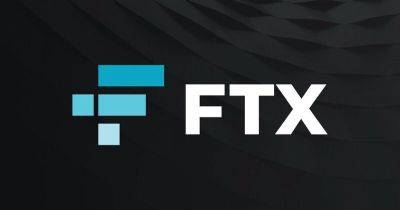SEC use of Terraform ruling hints Coinbase dismissal motion attack plan
A recent filing from the United States Securities and Exchange Commission (SEC) in its lawsuit against crypto miner Green United could shed light on how it may approach the case against Coinbase.
On July 31, the SEC scored a win after District Judge Jed Rakoff denied Terraform Lab’s motion to dismiss the case, rejecting its argument that relied on the “major questions doctrine.”
The same argument has been used by purported crypto miner Green United in its own motion to dismiss and has also been a centerpiece for crypto defendants in cases against the SEC, including from crypto exchange Coinbase.
However, in an Aug. 4 filing, the SEC said the recent Terraform Labs ruling provides additional authority for rejecting Green United’s major questions doctrine and fair notice defenses.
“The court rejected defendants’ arguments that the “Major Questions Doctrine” and the Due Process Clause “prevent the SEC from alleging the company’s digital assets to be ‘investment contracts,’" the SEC’s letter reads.
“Accordingly, Terraform Labs is relevant to this matter because it provides additional authority for rejecting Defendants’ “Major Questions Doctrine” and fair notice defenses,” it added.
The latest arguments from the SEC could shed light on how it may approach Coinbase’s own motion to dismiss, which was also filed on Aug. 4.
In Coinbase’s motion to dismiss an SEC lawsuit, the crypto exchange argued the major questions doctrine applied as the SEC attempted to regulate the secondary market for crypto trading.
1/7Most important change in the Coinbase vs SEC case:CB is arguing "major questions doctrine"This is a statutory interpretation (legal theory essentially) that says only Congress has the right to decide "major questions"
Read more on cointelegraph.com






















